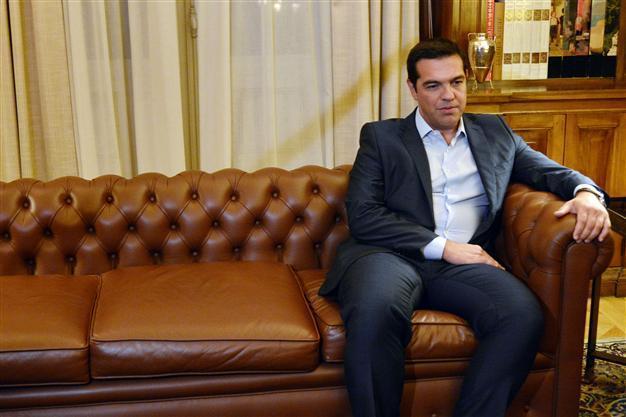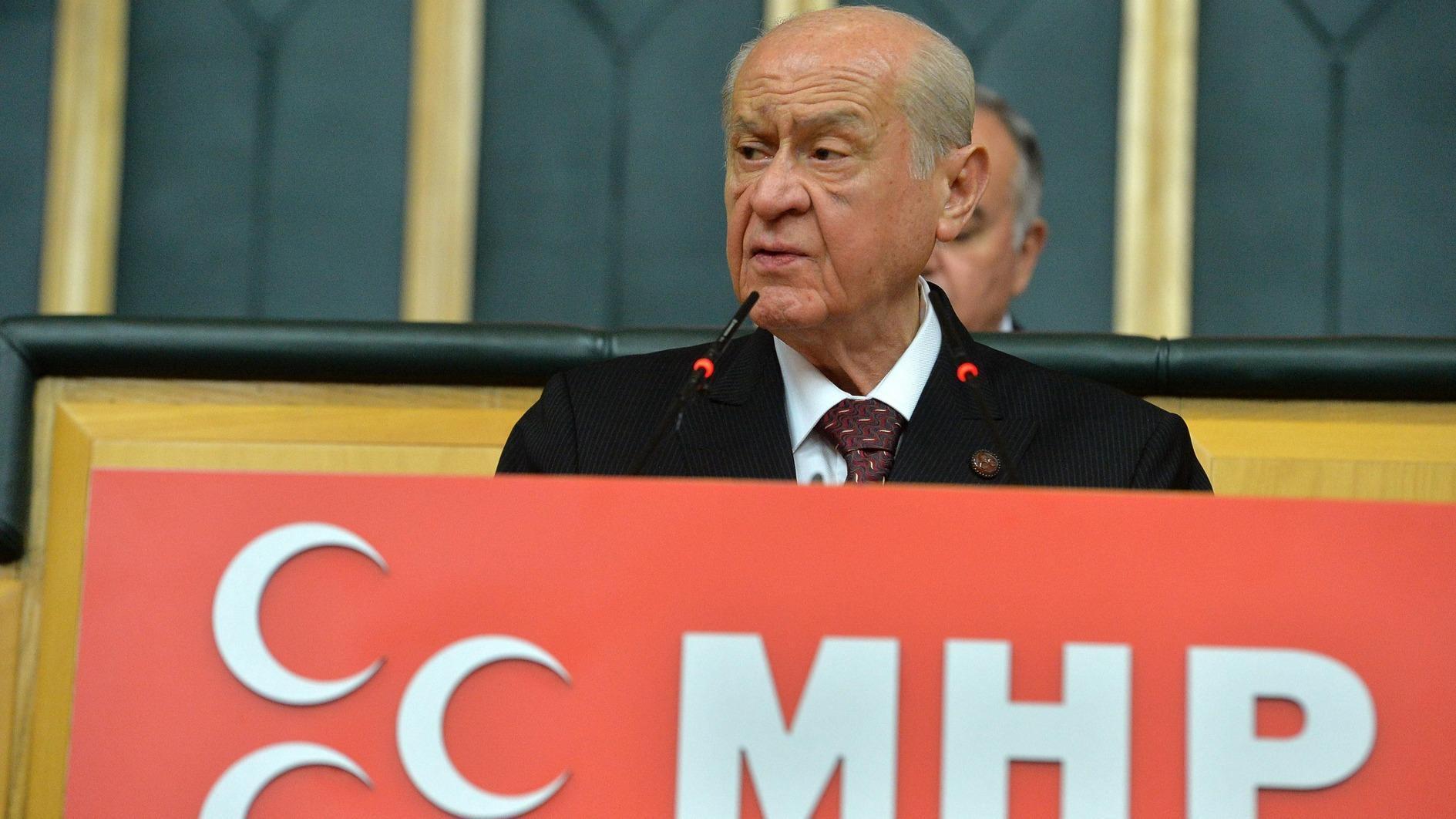Eurogroup urges Greek election ‘as soon as possible’ after Tsipras’ resignation
AMSTERDAM/ATHENS

AFP photo
Eurogroup President Jeroen Dijsselbloem urged Greece on Aug. 21 to hold elections as soon as possible to avoid delays in implementing the country’s third bailout package after Prime Minister Alexis Tsipras to call early elections next month.“I hope that they are as quick as possible so that the least possible amount of time is wasted,” he told journalists in The Hague, as quoted by Reuters.
“I think the intention of Prime Minister Tsipras is to get a more stable government.”
Another EU executive said on Aug. 21 it was not concerned about Greece failing to implement reforms it agreed in return for a bailout after Prime Minister Alexis Tsipras resigned to prepare for new elections.
“We are not concerned about program implementation,” a European Commission spokeswoman said, as quoted by Reuters.
“Reforms have been decided by the Greek government and voted on by the parliament ... Regardless of elections, reforms can now be implemented.”
Under the terms of the bailout agreement, known as the Memorandum of Understanding, Greece is committed to passing substantial pieces of legislation by the end of October.
Tsipras resigned on Aug. 20, hoping to strengthen his hold on power in snap elections after seven months in office in which he fought Greece’s creditors for a better bailout deal but had to cave in amid a party rebellion over the deal. Tsipras submitted his resignation to President Prokopis Pavlopoulos and asked for the earliest possible election date. Pavlopoulos has formally asked opposition leaders to form a new government.
But caught amid the hubbub of the resignation was an ode to Turkey’s most famous poet, Nazım Hikmet.
“Our best days have yet to be lived,” Tsipras said in trying to provide hope for an uncertain future after his government was forced to accept punishing austerity measures for a third international bailout.
Tsipras said he secured the best deal possible when he agreed to a three-year, 86 billion-euro ($95 billion) bailout from other eurozone countries to save Greece from a disastrous exit from the euro currency.
















